Home>Garden Essentials>At What Temperature Does Fescue Germinate
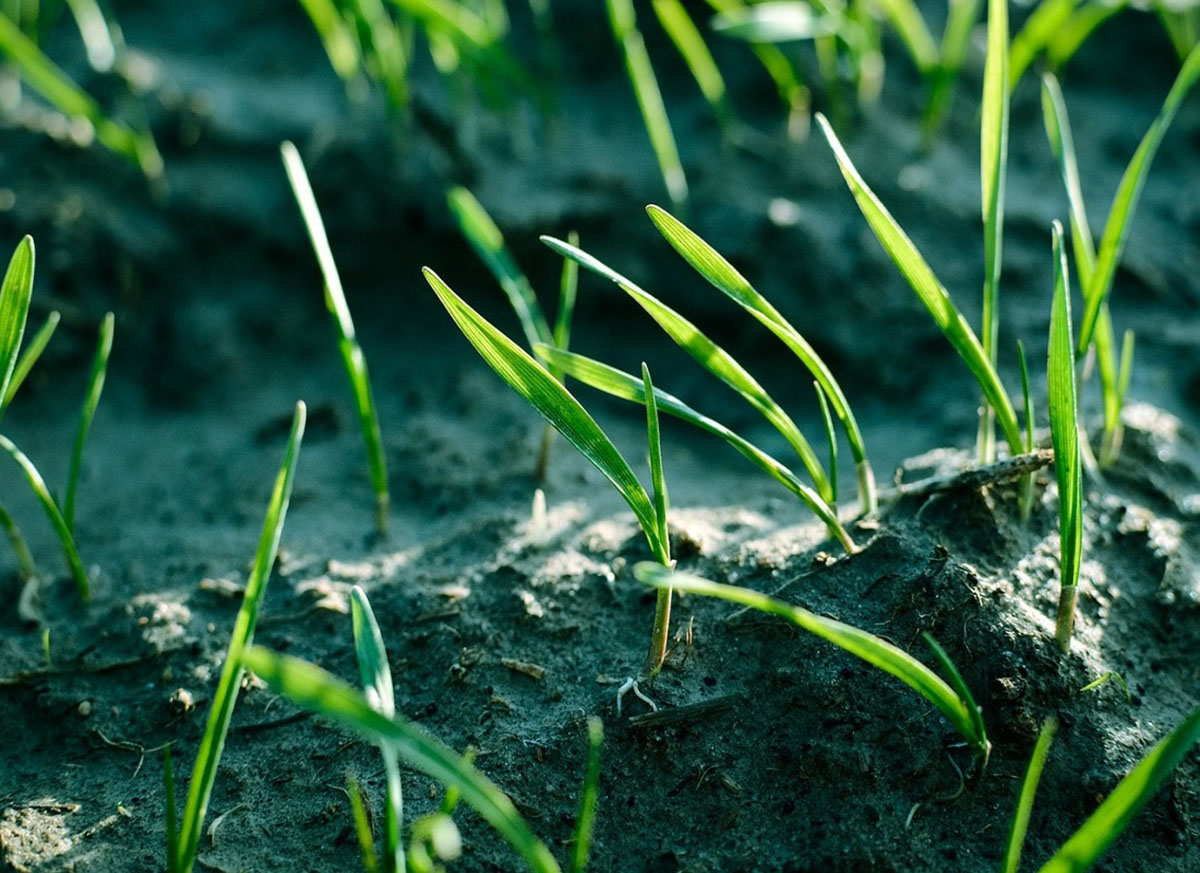

Garden Essentials
At What Temperature Does Fescue Germinate
Modified: March 15, 2024
Discover the ideal temperature for fescue germination in your garden. Ensure successful growth with proper temperature conditions.
(Many of the links in this article redirect to a specific reviewed product. Your purchase of these products through affiliate links helps to generate commission for Storables.com, at no extra cost. Learn more)
Introduction
Growing a lush, green lawn or garden is a dream for many homeowners and gardening enthusiasts. One popular grass variety that is commonly used for lawns, sports fields, and parks is fescue. Fescue is known for its durability, drought resistance, and ability to thrive in various growing conditions.
When it comes to growing fescue from seeds, one crucial factor that plays a significant role in the success of germination is temperature. Understanding the optimal temperature range for fescue germination is essential for gardeners looking to achieve the best results.
In this article, we will explore the factors that affect fescue germination, the optimal germination temperature, the temperature range for germination, the germination time at different temperatures, and the importance of temperature control for fescue germination.
By the end, you will have a comprehensive understanding of how temperature impacts fescue germination and be equipped with the knowledge to successfully grow a beautiful, healthy fescue lawn.
Key Takeaways:
- Fescue seeds germinate best at temperatures between 60°F to 75°F. Keeping the temperature in this range helps seeds grow faster and leads to a healthier lawn or garden.
- Temperature control is crucial for successful fescue germination. It ensures consistent growth, reduces the risk of failure, and can even speed up the process when needed.
Read more: What Temperature Does Corn Germinate
Factors Affecting Fescue Germination
Several factors can influence the germination of fescue seeds. By understanding these factors, gardeners can create the optimal conditions for successful germination. Let’s take a closer look at the key factors that impact fescue germination:
- Temperature: As mentioned earlier, temperature is one of the most critical factors affecting fescue germination. Both the temperature of the soil and the surrounding environment play a role. Fescue seeds require specific temperature conditions to break dormancy and initiate germination.
- Moisture: Adequate moisture is essential for fescue seed germination. Without sufficient moisture, the seeds may fail to germinate or die off. It is crucial to maintain appropriate soil moisture throughout the germination process. Be careful not to oversaturate the soil, as excessive moisture can lead to fungal infections and rot.
- Light: Unlike some other plants, fescue seeds do not require light to germinate. However, excessive shading can hinder germination and the growth of young seedlings. It is recommended to ensure that newly seeded areas receive adequate sunlight or provide artificial light if necessary.
- Soil Quality: The quality of the soil plays a significant role in the germination of fescue seeds. The soil should be well-draining, rich in organic matter, and have a balanced pH level. Conduct a soil test to determine if any amendments, such as lime or fertilizer, are necessary to create optimal conditions for germination.
- Seed Quality: Using high-quality fescue seeds is crucial for successful germination. Purchase seeds from reputable suppliers and ensure they are fresh and free from contaminants or damage. Poor seed quality can significantly impact germination rates and the overall success of the lawn or garden.
By considering these factors and taking the necessary steps to create favorable conditions, gardeners can increase the chances of successful fescue seed germination. Now that we understand the factors affecting germination, let’s explore the optimal temperature range for fescue germination in the next section.
Optimal Germination Temperature for Fescue
The optimal germination temperature refers to the temperature range at which fescue seeds have the highest chance of successfully germinating. Maintaining the ideal temperature for germination is crucial in ensuring the best possible results. For fescue seeds, the optimal germination temperature is typically between 60°F to 75°F (15°C to 24°C).
At this temperature range, fescue seeds experience a balance of activation and growth. The enzymes within the seeds activate most efficiently, allowing for the breakdown of stored nutrients and the initiation of root and shoot development. The young seedlings can then emerge from the soil and continue to grow and establish a healthy lawn or garden.
If the temperature falls below the optimal range, germination may be slower, and the overall success rate may decrease. Cooler temperatures can inhibit the activation of enzymes and slow down the germination process. Similarly, excessively high temperatures can cause stress to the seeds and inhibit or delay germination.
It is important to note that different varieties of fescue may have slightly different optimal germination temperature ranges. Cool-season fescue varieties, such as tall fescue (Festuca arundinacea) and fine fescue (Festuca rubra), generally have similar temperature preferences for germination.
By providing the optimal germination temperature conditions, gardeners can ensure that fescue seeds germinate efficiently, leading to healthier and more robust grass growth. However, it is also important to understand the wider temperature range in which fescue seeds can still germinate, which we will explore in the next section.
Germination Temperature Range for Fescue
While the optimal germination temperature for fescue seeds is between 60°F to 75°F (15°C to 24°C), fescue seeds can still germinate within a broader temperature range. Understanding this range is essential as it allows gardeners to adjust their planting schedule and make necessary accommodations based on the prevailing climatic conditions.
Generally, fescue seeds can germinate at temperatures as low as 50°F (10°C) and as high as 85°F (29°C). However, it is important to note that germination rates may vary outside the optimal temperature range, and the overall success of germination may be affected.
At temperatures below the optimal range, germination may be slower, and seeds may take longer to sprout. Cooler temperatures can prolong the dormancy period of the seeds and delay the overall germination process. However, with patience and careful cultivation, germination can still occur at lower temperatures.
On the other hand, at temperatures above the optimal range, the germination process may be negatively affected. Higher temperatures can lead to dehydration, seed damage, or even death. If the soil and ambient temperatures reach extreme highs, it is recommended to provide shade or utilize techniques like mulching to reduce heat stress on the seeds.
It is worth noting that fescue seeds have a relatively wide temperature range for germination compared to some other types of grass. This adaptability makes fescue a resilient choice for various climatic conditions, as long as the temperature remains within the acceptable range.
In summary, fescue seeds can germinate within a temperature range of 50°F to 85°F (10°C to 29°C). While the optimal germination temperature range is between 60°F to 75°F (15°C to 24°C), gardeners can still achieve successful germination at temperatures outside this range with proper care and adjustments.
Now that we understand the temperature range for fescue germination, let’s explore the time it takes for fescue seeds to germinate at different temperatures in the next section.
Fescue grass typically germinates best when soil temperatures are between 50-65°F (10-18°C). It’s important to monitor soil temperature to ensure optimal conditions for fescue seed germination.
Germination Time for Fescue at Different Temperatures
The time it takes for fescue seeds to germinate can vary depending on the temperature conditions provided. Understanding the germination time at different temperatures allows gardeners to plan their planting schedule and manage their expectations regarding the emergence of young fescue seedlings.
Here is a general guideline of the germination time for fescue seeds at different temperature ranges:
- Optimal Temperature Range (60°F to 75°F / 15°C to 24°C): At the optimal range, fescue seeds generally begin to germinate within 7 to 14 days. However, this timeframe may vary depending on factors such as seed quality, soil moisture, and overall growing conditions. Some seeds may emerge within a week, while others may take closer to two weeks.
- Lower Temperature Range (50°F to 60°F / 10°C to 15°C): Cooler temperatures can slow down the germination process. At these temperatures, fescue seeds may take around 14 to 21 days to germinate. It is essential to provide consistent moisture during this period to support germination and prevent the seeds from drying out or going dormant.
- Higher Temperature Range (75°F to 85°F / 24°C to 29°C): Warmer temperatures can expedite the germination process. Fescue seeds may begin to sprout within 5 to 10 days at higher temperatures. However, it is important to monitor soil moisture closely to prevent drying out and ensure successful germination.
It is crucial to remember that these are general guidelines, and actual germination time can vary based on specific growing conditions, seed quality, and other factors. Additionally, it is not uncommon for germination to occur unevenly, with some seeds sprouting earlier than others, especially in larger areas with varying microclimates.
During the germination period, it is essential to maintain optimal soil moisture, provide adequate sunlight, and follow proper lawn care practices. Once the fescue seeds have germinated, they will continue to grow and establish themselves into a healthy lawn or garden.
By understanding the typical germination times at different temperatures, gardeners can appropriately plan and manage their fescue seed planting to achieve the best results. Now, let’s explore why temperature control is crucial for fescue germination success.
Read more: What Temperature Does Crabgrass Germinate
Importance of Temperature Control for Fescue Germination
Temperature control is a critical aspect of fescue germination and plays a vital role in the success of establishing a healthy and thriving lawn or garden. Here are a few reasons why temperature control is essential for fescue germination:
- Optimal Conditions: Maintaining the optimal germination temperature range (60°F to 75°F / 15°C to 24°C) provides the best environment to kickstart the germination process. By providing the ideal temperature, seeds can activate enzymes and initiate growth more efficiently, resulting in quicker and more successful germination.
- Consistent Germination Time: Temperature control helps ensure a more consistent germination time for fescue seeds. When the temperature is within the optimal range, seeds tend to germinate at a similar rate, leading to a more even and uniform emergence of the seedlings. This consistency allows for easier maintenance and care of the developing lawn or garden.
- Reduced Risk of Failure: Without proper temperature control, the risk of germination failure increases significantly. Seeds may remain dormant, take much longer to sprout, or fail to germinate at all if exposed to extreme temperatures outside their preferred range. By providing the appropriate temperature conditions, gardeners can minimize the risk of germination failure and ensure a higher success rate.
- Accelerated Germination at Higher Temperatures: In situations where quicker germination is desired, such as when establishing a lawn before extreme weather conditions or a specific event, temperature control can be used strategically. Higher temperatures can accelerate germination, enabling the lawn to establish more rapidly. However, it is important to balance the need for speed with the ability to maintain adequate moisture levels to prevent seedlings from drying out.
Efficient temperature control can be achieved through various methods, including timing the seeding process during periods of optimal temperatures, using protective structures like hoop houses or cold frames, or using season-extending techniques such as row covers. Adjusting the planting date or implementing shading techniques during excessively high temperatures can also help ensure successful fescue germination.
By recognizing the importance of temperature control for fescue germination, gardeners can create the most favorable environment for seed activation and growth, leading to successful establishment of a lush and healthy lawn or garden.
As we conclude, it is essential to remember that while temperature is a crucial factor in germination, other factors like moisture, light, soil quality, and seed quality are also important. By considering all these factors collectively, gardeners can maximize the chances of successful fescue germination and establish a beautiful and resilient fescue lawn or garden.
Conclusion
Growing fescue from seeds can be a rewarding endeavor that results in a lush and vibrant lawn or garden. Understanding the role of temperature in fescue germination is key to achieving successful results. From the optimal germination temperature to the wider temperature range in which fescue seeds can still germinate, temperature control plays a crucial role throughout the germination process.
By considering factors such as temperature, moisture, light, soil quality, and seed quality, gardeners can create the ideal conditions for fescue seed germination. The optimal germination temperature range for fescue is typically between 60°F to 75°F (15°C to 24°C). However, fescue seeds can still germinate within a range of 50°F to 85°F (10°C to 29°C) with varying germination times.
Temperature control is vital for fescue germination, as it helps ensure optimal conditions, consistent germination times, reduced risk of failure, and potential acceleration of germination. By providing the appropriate temperature conditions, gardeners can increase the chances of successful seed activation, root development, and establishment of a healthy fescue lawn or garden.
To achieve temperature control, gardeners can strategically time their seeding, use protective structures, and implement shading techniques when necessary. Additionally, it’s important to address other factors that influence germination, including moisture, light, soil quality, and seed quality.
By incorporating temperature control and understanding the broader factors that impact fescue germination, gardeners can enhance their chances of success and create the vibrant and resilient fescue lawn or garden they desire.
So, whether you’re a seasoned gardener or a beginner, pay close attention to temperature control during the fescue germination process. With the right conditions in place, you’re well on your way to cultivating a stunning fescue landscape that will be the envy of the neighborhood.
Frequently Asked Questions about At What Temperature Does Fescue Germinate
Was this page helpful?
At Storables.com, we guarantee accurate and reliable information. Our content, validated by Expert Board Contributors, is crafted following stringent Editorial Policies. We're committed to providing you with well-researched, expert-backed insights for all your informational needs.
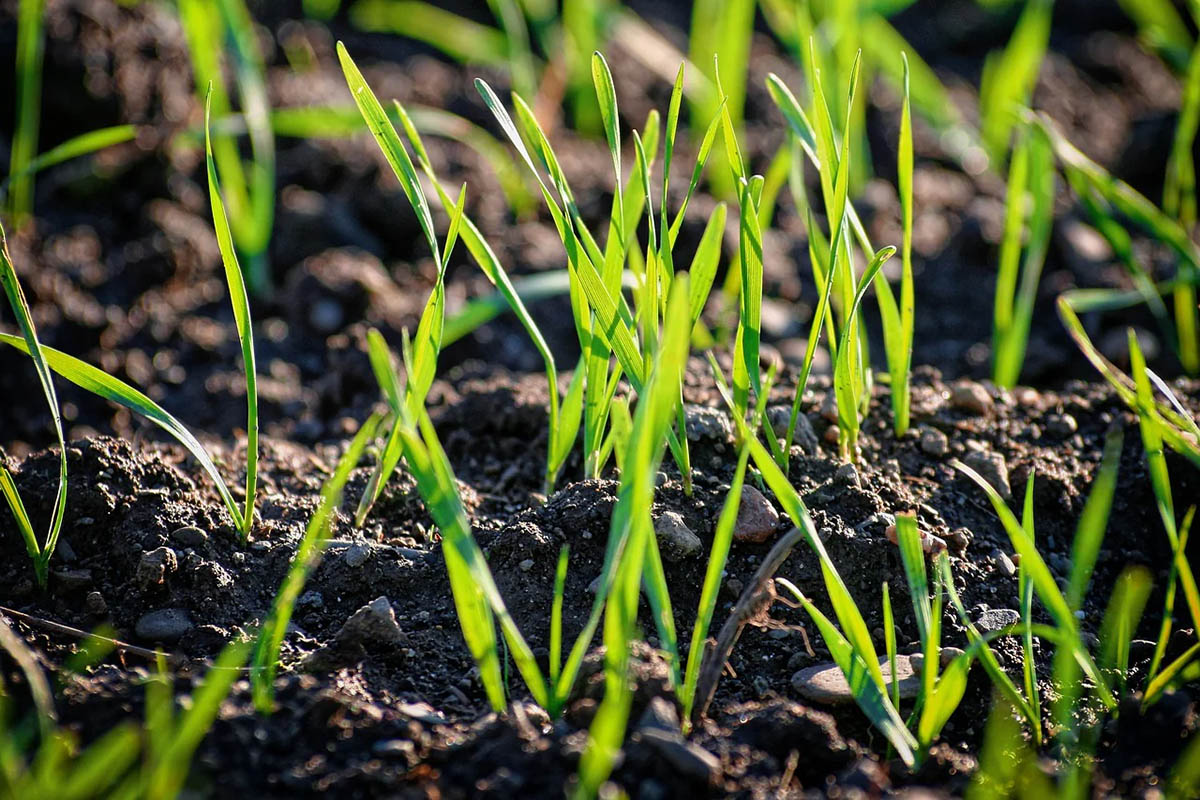
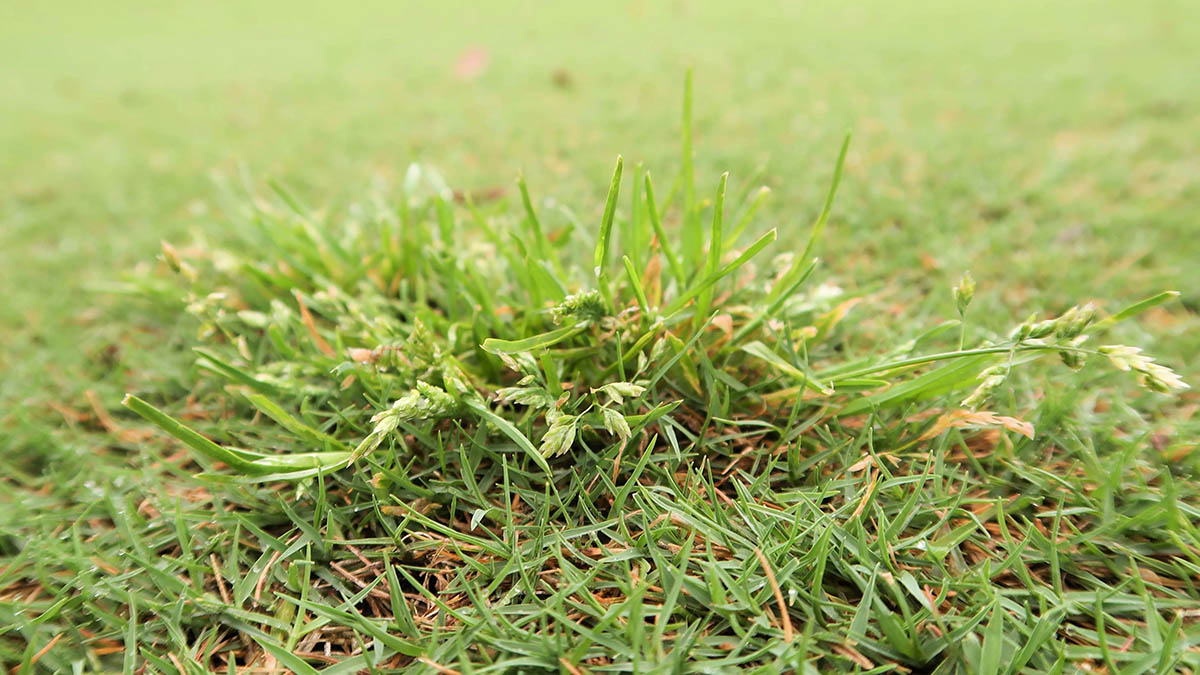
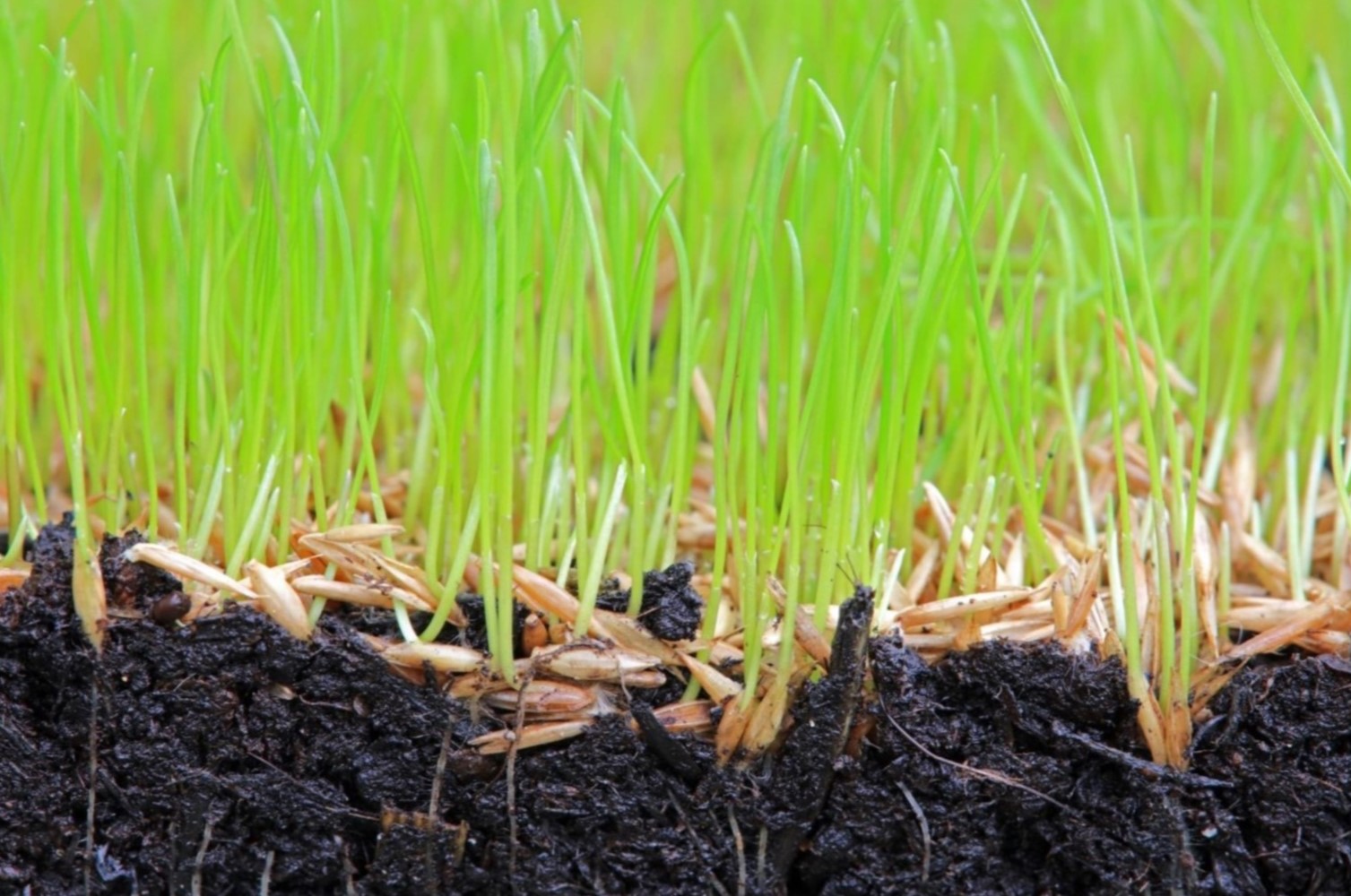
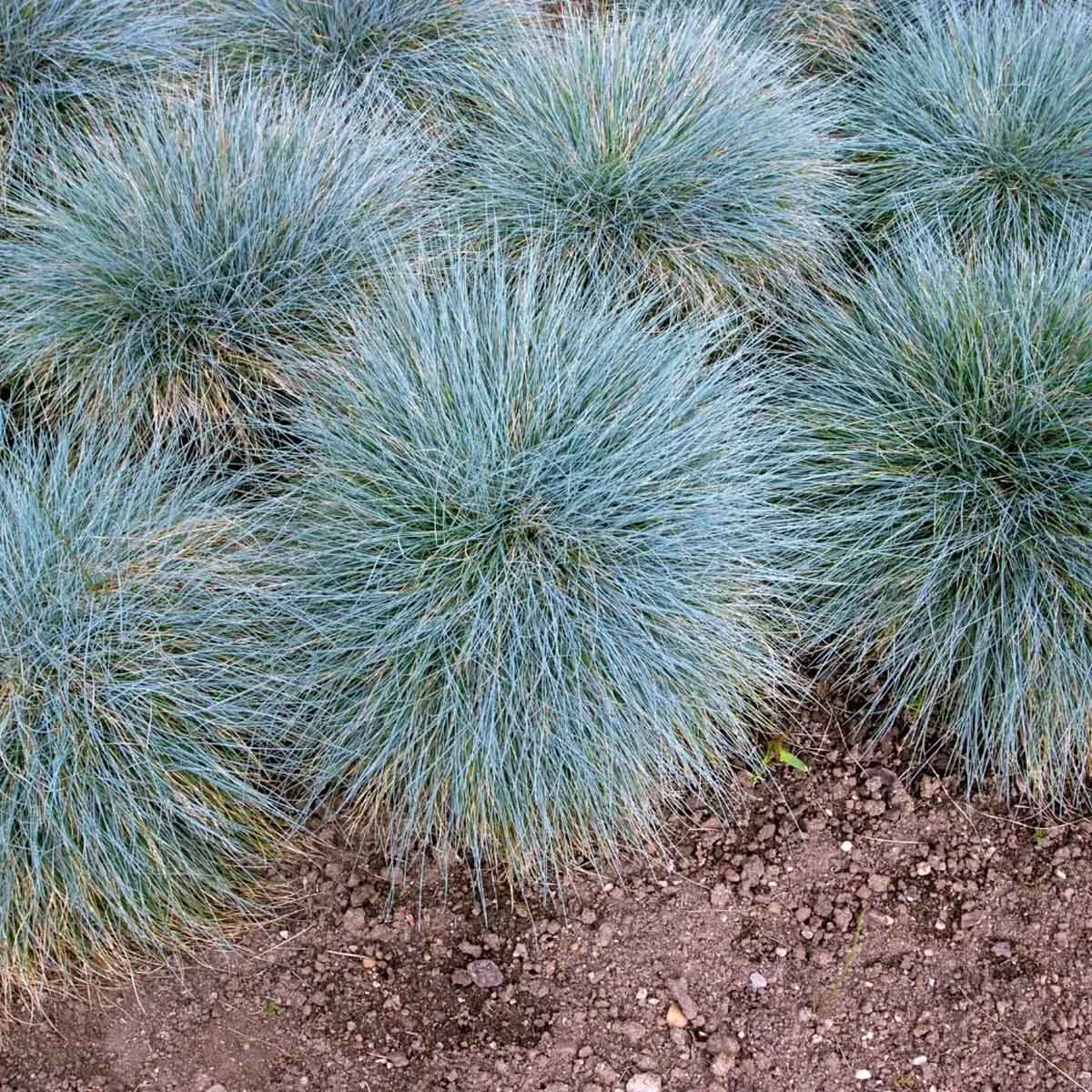
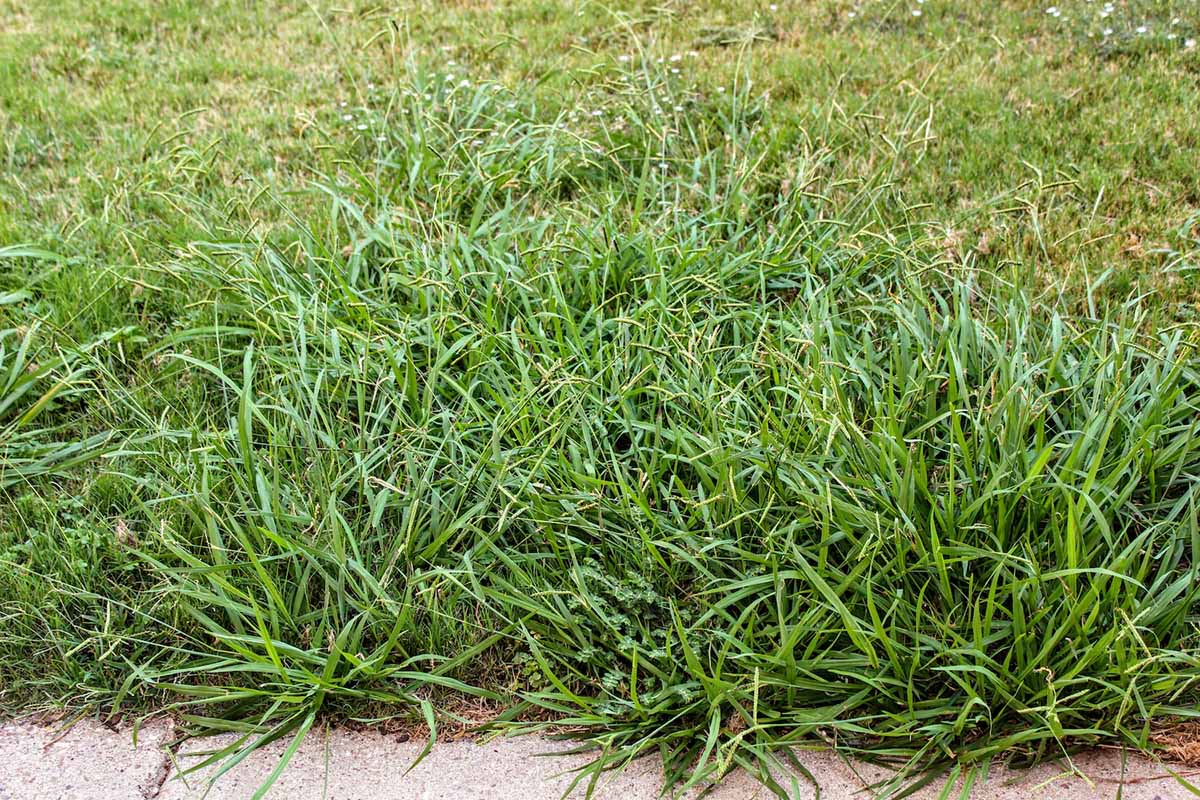
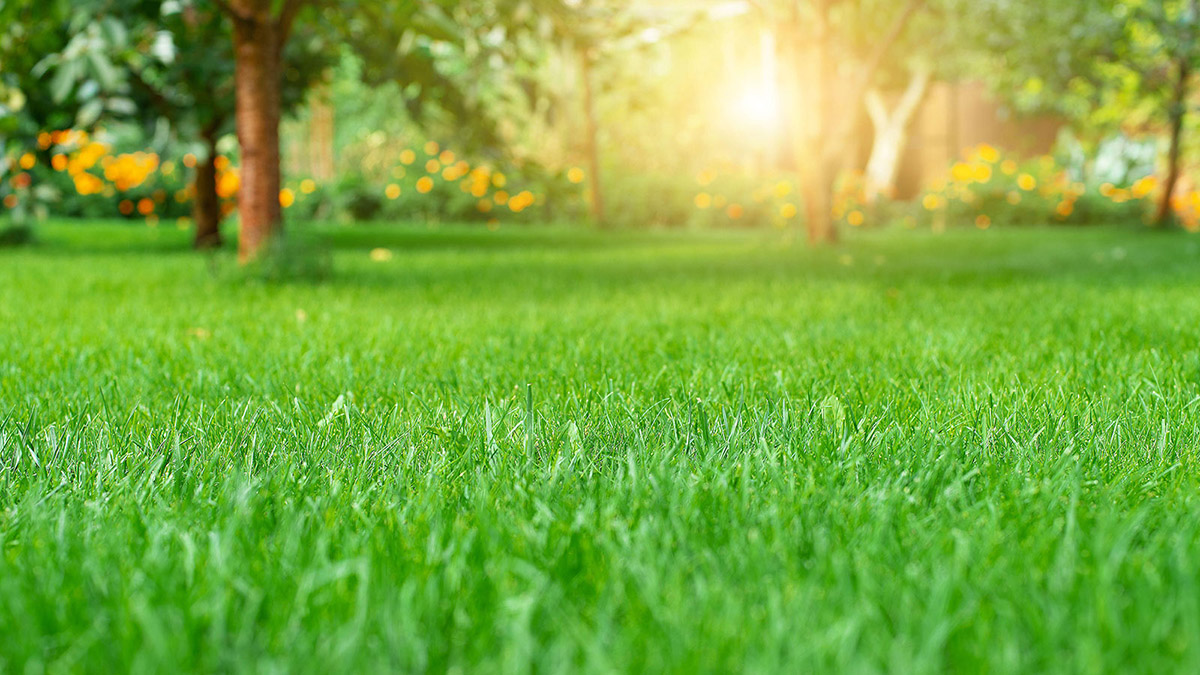
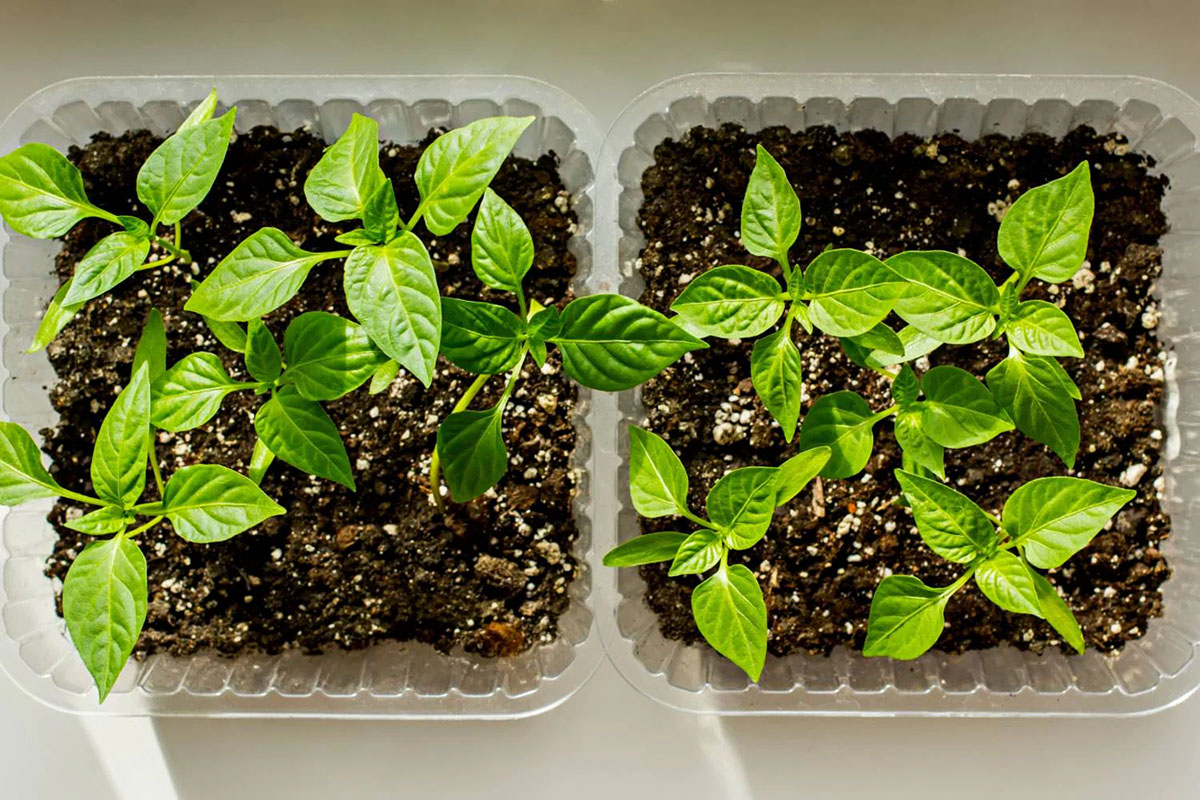

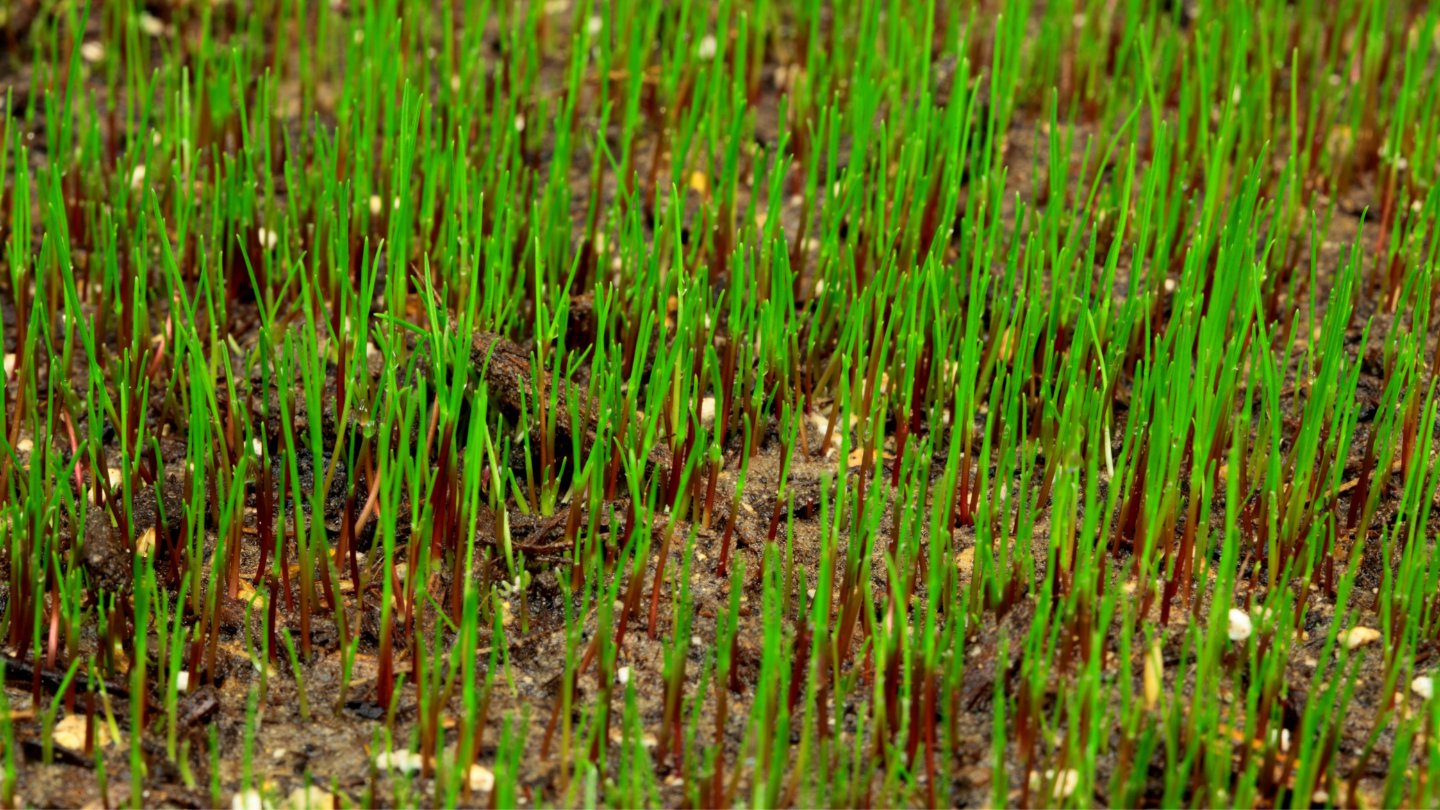
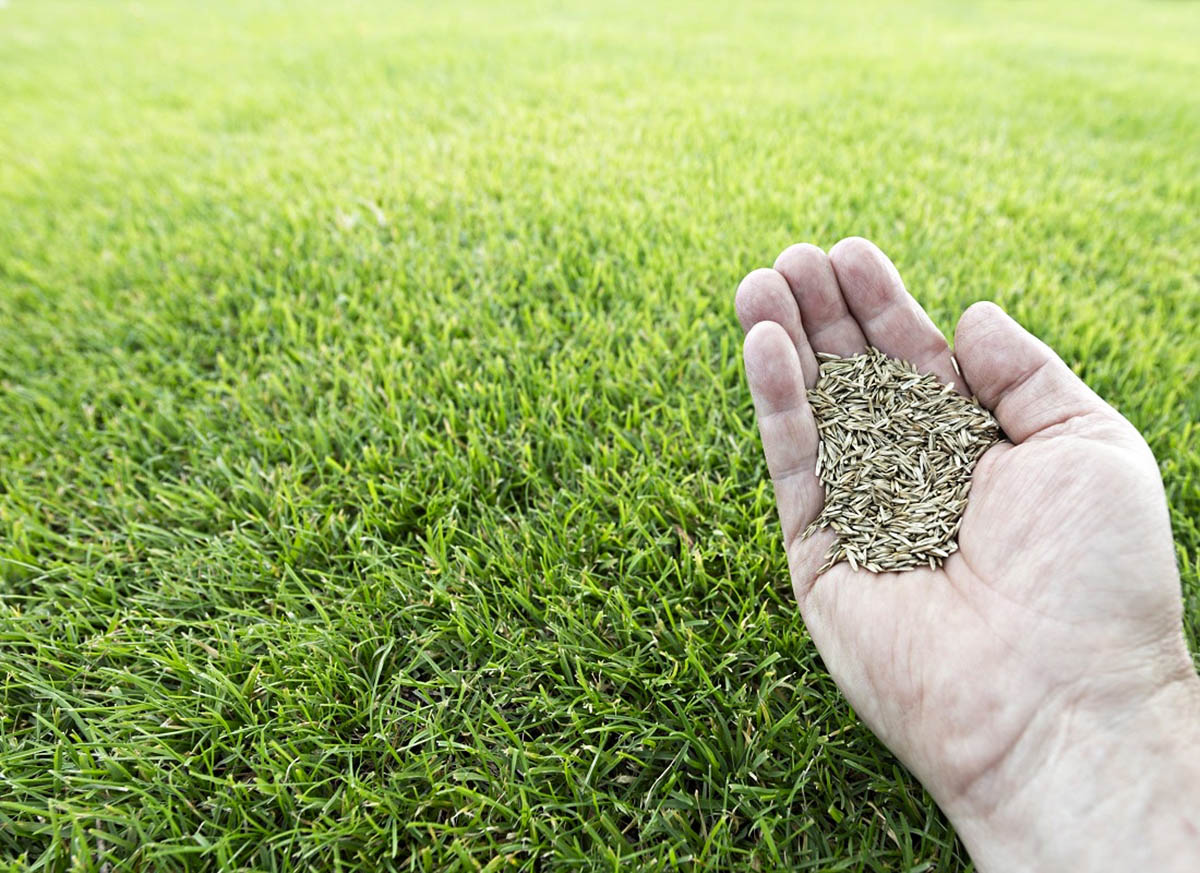
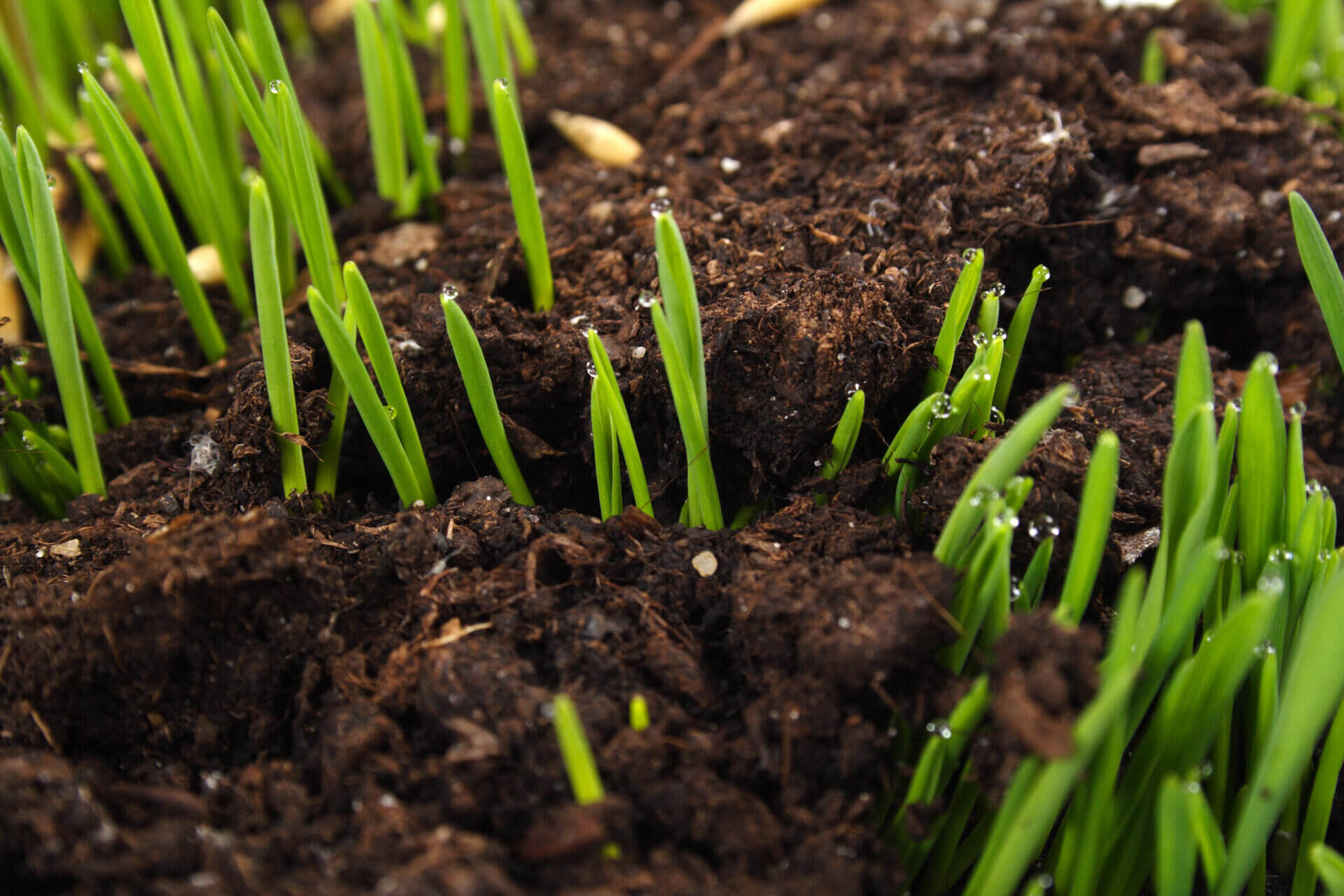
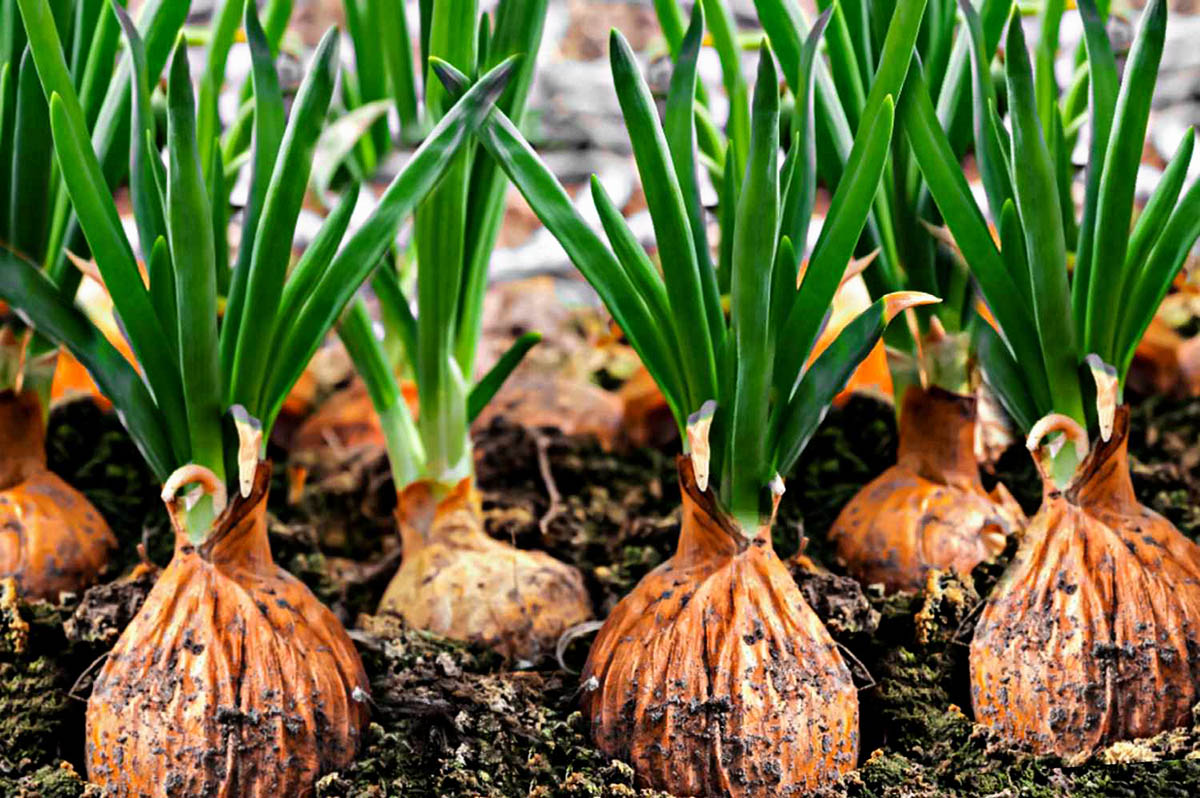
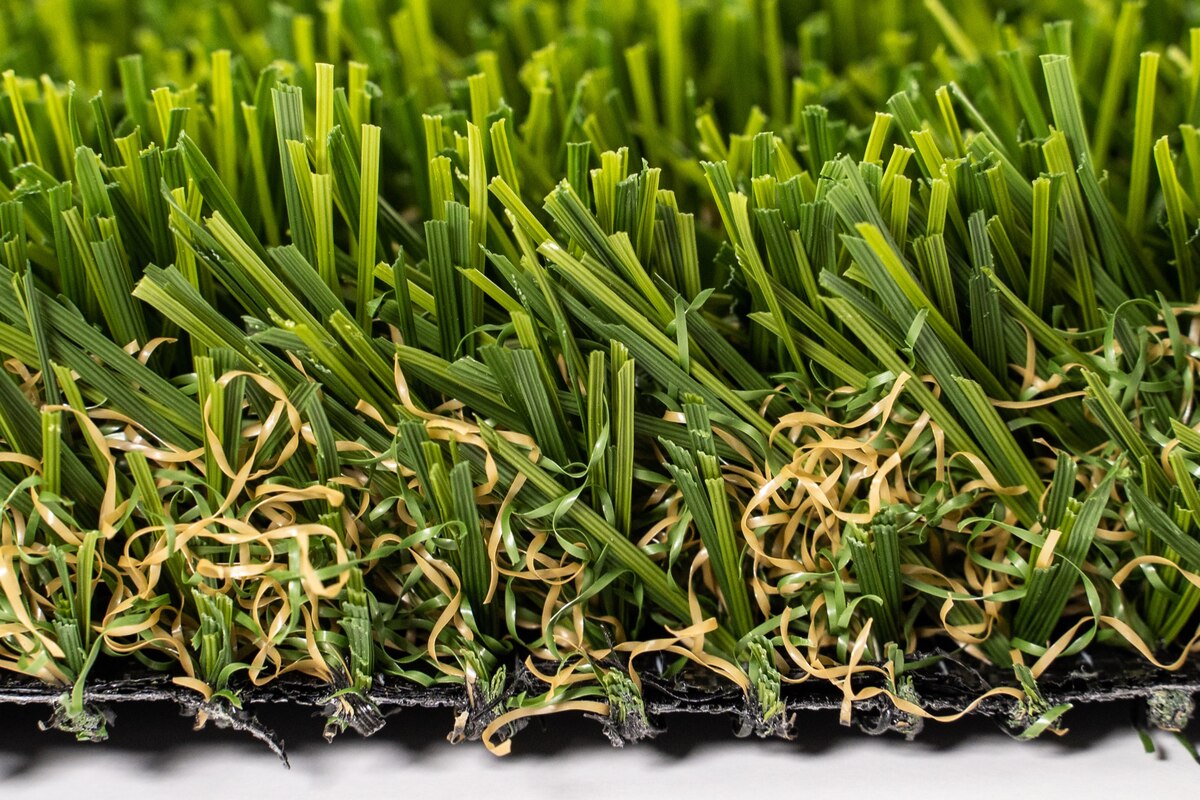
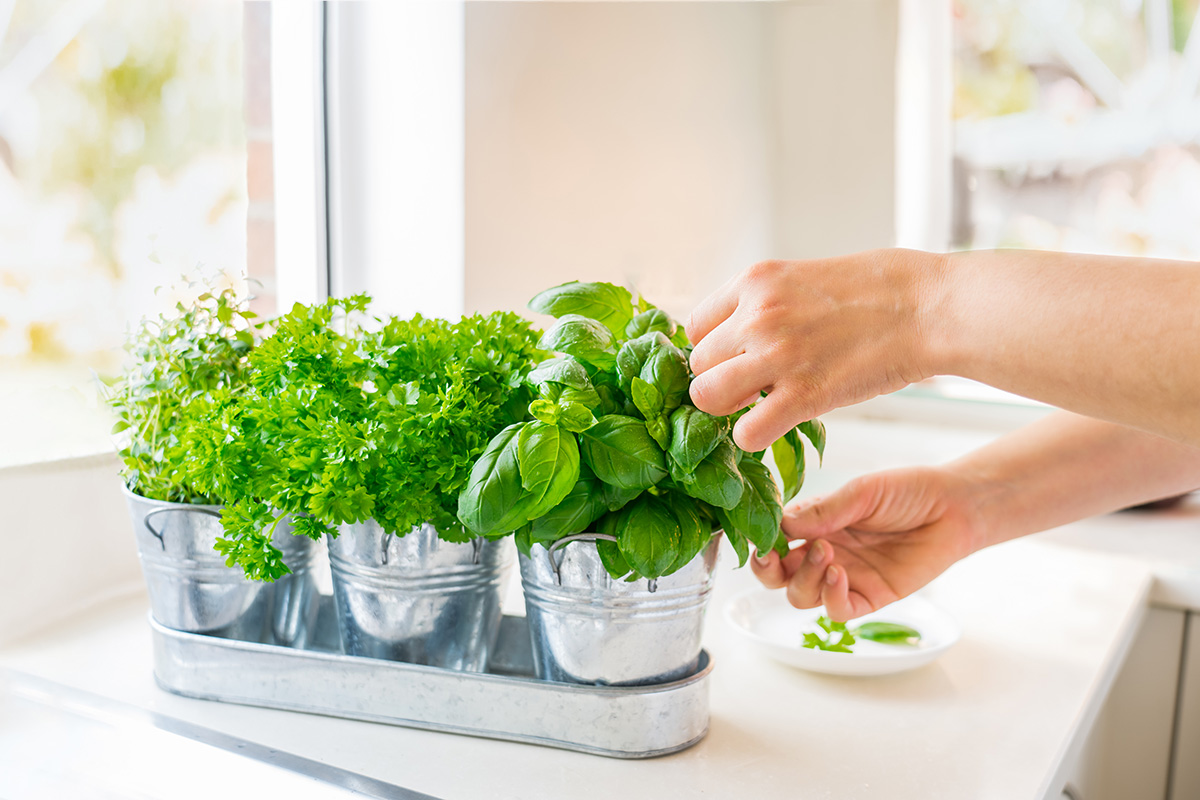

0 thoughts on “At What Temperature Does Fescue Germinate”